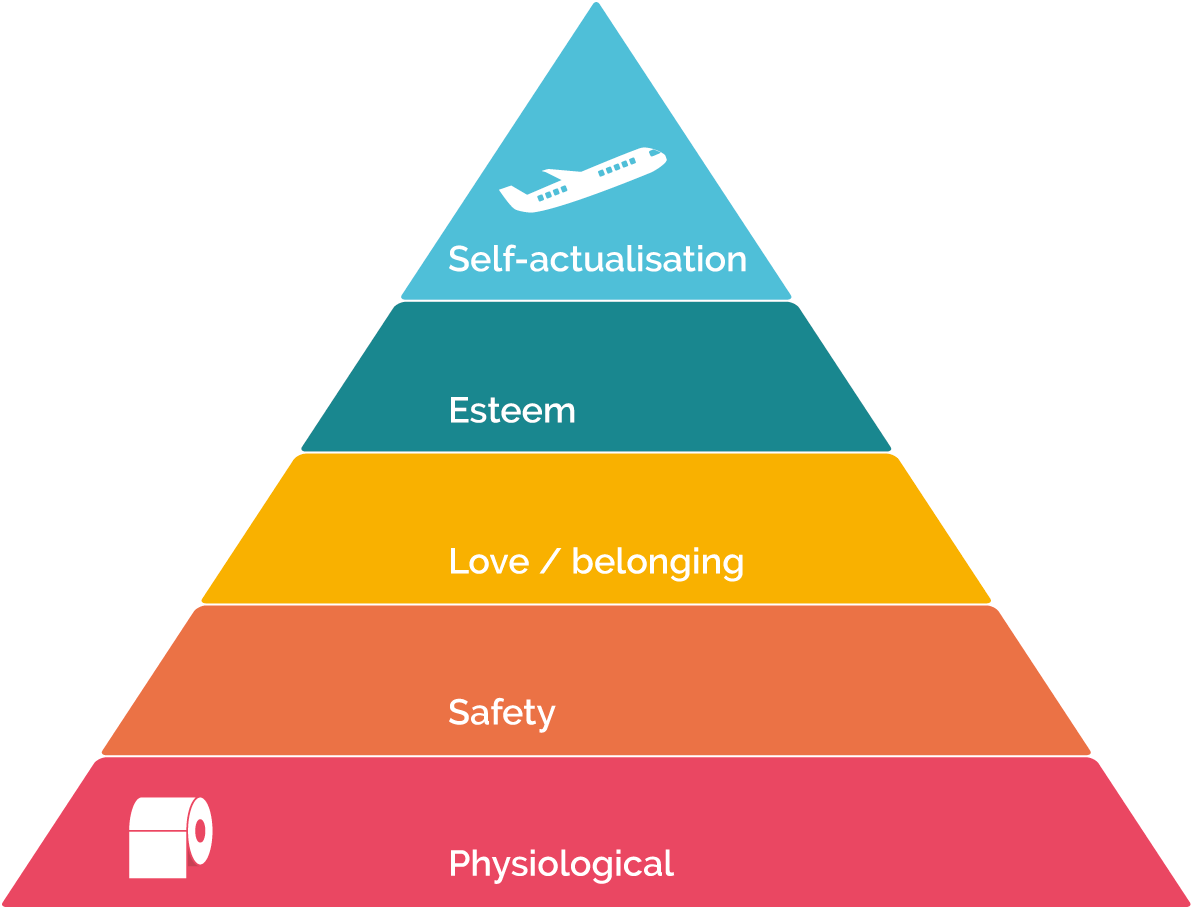Would measures to restrict air travel be fair? Sally Cairns (of CREDS) and Rebecca Nestor (climate psychology expert) recently gave presentations, covering both the science and the psychology of flying.
Covid-19 has given us a new perspective on what is important, with an increased realisation of the value we place on seeing people in person; on our social lives; and on having the opportunity to visit new places and do different things. In this context, conversations about curbing flying for climate reasons are perhaps more uncomfortable than ever.
To explore these issues, in November last year, Low Carbon Oxford NorthOpens in a new tab hosted a discussion about flying and climate change, and about whether, when it is possible to travel once more, we should go back to pre-pandemic trends. The banner image shows a pre-Covid advert displayed in one of the mainline train stations in London.
Sally Cairns (of CREDS) and Rebecca Nestor (climate psychology expert) gave presentations, covering both the science and the psychology of flying. The evidence that flying affects the climate, and can make a substantial contribution to your individual carbon footprint, was not disputed. However, the subsequent debate highlighted a wide range of more social and emotional issues – from the personal benefits that travel can bring, through to the importance of holiday trips as a topic of conversation.
Would measures to restrict air travel be fair?
One question was about equity – why should today’s children be denied opportunities that their parents have had?
Set against that, we need to remember that recent levels of flying are historically unprecedented. In 2019, the number of passengers passing through UK airports was more than a third higher than 10 years earlier, and 76% higher than 20 years ago (297 million compared to 218 million in 2009, and 168 million in 1999) [i]. In 2018, UK residents made more international air trips (in total) than residents of any other country[ii]. Moreover, these trips – and opportunities for travel – are unevenly distributed in the UK: pre-pandemic, it is estimated that 15% of people were taking 70% of flights[iii].
The sorts of measures being championed to manage growth are not draconian, and could lead to a more even distribution of travel opportunities. One of the most popular – a frequent flier charge – is usually only envisaged as significantly increasing costs for those who fly more than once a year. Another important measure – limiting airport expansion – is only about capping flying at pre-pandemic levels.
What about the value people get from flying?
Another issue raised was the importance of ‘love miles’. Of course, people want to be able to see friends and relatives in other countries. Again, this is partly about how often it is reasonable to expect to go, and whether it is fair that aviation should enjoy tax advantages to enable this. In building a climate-resilient society for the future, should we be encouraging the idea that distance doesn’t matter?
It is also worth remembering that, of international flights by UK residents, only about a quarter are for visiting family and friends[iv]. Nearly two-thirds are for holidays, and these are partly encouraged by the limited taxes on aviation which make it relatively cheap. But even though holiday destinations are discretionary, it was clear from the discussion that many will experience a genuine sense of loss if the era of cheap flights comes to an end.
So what can we do?
Despite these concerns, we cannot ignore the impact of aviation on climate change. If we have to make a big difference fast, it is an obvious area to tackle.
We need to persuade politicians to vote against airport expansion, and we need fairer pricing, which encourages people to switch to more sustainable forms of transport and nearer locations. Supporting UK leisure providers, rather than the aviation sector[v], would potentially benefit a wide range of people, and could capitalise on recent trends – for example, by enabling the development of new opportunities for multi-generational holidays, outdoor activities or film & TV tourism. There is much to gain from embracing holidays closer to home.
Presentations and further details from the evening are available from Low Carbon Oxford NorthOpens in a new tab

References
[i] Civil Aviation Authority statisticsOpens in a new tab for terminal passenger numbers, Table 10.3 (all UK reporting airports)
[ii] International Air Transport Association World Air Transport Statistics 2019.
[iii] 2014 British Social Attitudes Survey data, fact checkedOpens in a new tab. Similar results produced from the National Travel Survey, see page 14 of the pdf version.
[iv] International Passenger Survey dataOpens in a new tab for 2019, Table 5.01.
[v] A more detailed discussion about rebalancing Government support for the industry is given in Stay Grounded (2021) A rapid and just transition in aviationOpens in a new tab.
Banner photo credit:



